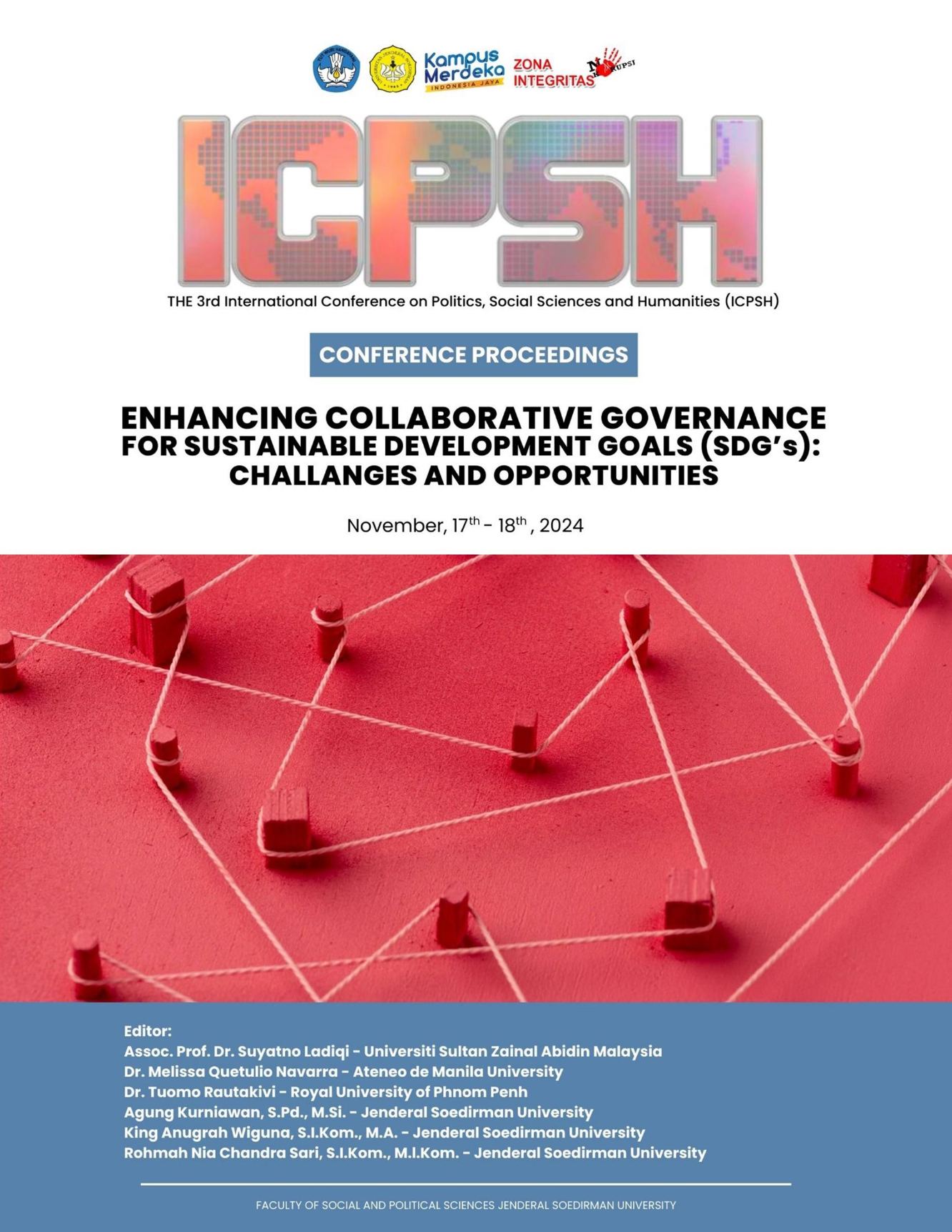Social Resilience From a Sociological Perspective : Concept and Its Application To Cardamom Farming Commmunity
Abstract
In recent years, resilience has received great attention from various parties. This concept, which was initially better known in the field of ecology, then also developed in the social field, so that the term social resilience was known. This study aims to analyze the concept of social resilience from a sociological perspective related to the cardamom farming community in Sambirata Village, Cilongok District, Banyumas Regency. The method used is descriptive qualitative. This research on cardamom resilience is based on three main aspects, namely the capacity to overcome disturbances (coping capacity) , the capacity to adapt, and the capacity to change or transform. The results of the study show that the resilience of farmer groups can be seen from the emergence of new jobs after the Covid-19 pandemic, the increasing number of farmer group members from 30 to 250 members in the last 5 years, production that was initially traditional to modern with the entry of CSR stimulus and government and private institutions, increasing productivity, cardamom prices that are increasing day by day, the market has started to develop outside the city. The MOU has also been carried out to overcome the shortage of land owned by farmers and villages so that the sustainability of economic development through cardamom cultivation remains stable and tends to increase. Derivatives of cardamom fruit production also have economic value, which means that almost all elements of the cardamom plant can be utilized. One of them is cardamom residue which can be processed into essential oils and spice drinks. The results of the study above illustrate that 3 points of the 17 provisions in the SDGs for the sustainability of forest communities are poverty alleviation, health management (medicines), and preserving Flora (plants) with local wisdom.



